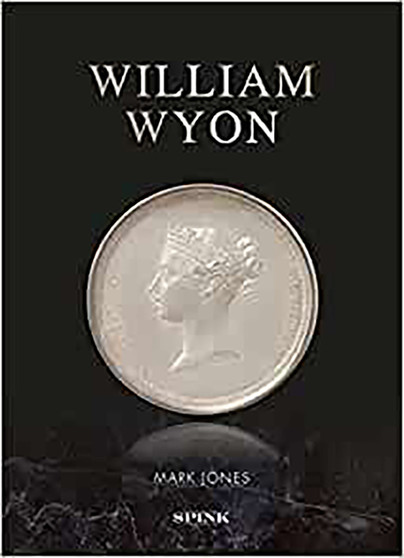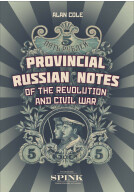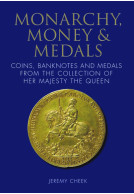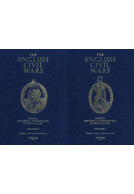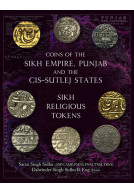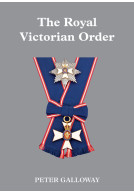Google Books previews are unavailable because you have chosen to turn off third party cookies for enhanced content. Visit our cookies page to review your cookie settings.
William Wyon (Hardback)
Imprint: Spink Books
Pages: 736
ISBN: 9781912667796
Published: 12th June 2025
Script Academic & Professional
Pages: 736
ISBN: 9781912667796
Published: 12th June 2025
Script Academic & Professional
You'll be £180.00 closer to your next £10.00 credit when you purchase William Wyon. What's this?
+£4.99 UK Delivery or free UK delivery if order is over £40
(click here for international delivery rates)
Need a currency converter? Check XE.com for live rates
(click here for international delivery rates)
Need a currency converter? Check XE.com for live rates
Chief Engraver at the Royal Mint and the leading medallist of his time William Wyon RA (1795–1851) produced some of the best known and most widely distributed images ever made. His coins were handled by hundreds of millions and his ‘Penny Black’ portrait of Queen Victoria (reproduced on the earliest postage stamp and its successors, from 1840 until her death in 1901) was printed in billions and circulated around the globe, becoming a google doodle on its 175th anniversary in 2015.
Wyon was the most popular image maker of the nineteenth century, the maker of famously beautiful coins like the gold Una and the Lion £5 piece of 1839 and the Gothic Crown of 1847. He was also the first artist to design regular campaign medals, including the Naval General service medal of 1847/8, the Army general service medal of 1847/8 the China medal of 1842/7 and the Jellalabad Medal of 1842/4. Yet why is he so relatively unknown?
This first biography of Wyon since 1837 aims to give him the recognition his work deserves, and will appeal to collectors of coins, stamps and medals alike. Mark Jones’s milestone catalogue gives the reader a fully comprehensive view of Wyon’s truly remarkable output, shining a new spotlight on one of Britain’s greatest artists.
Other titles in Spink Books...







